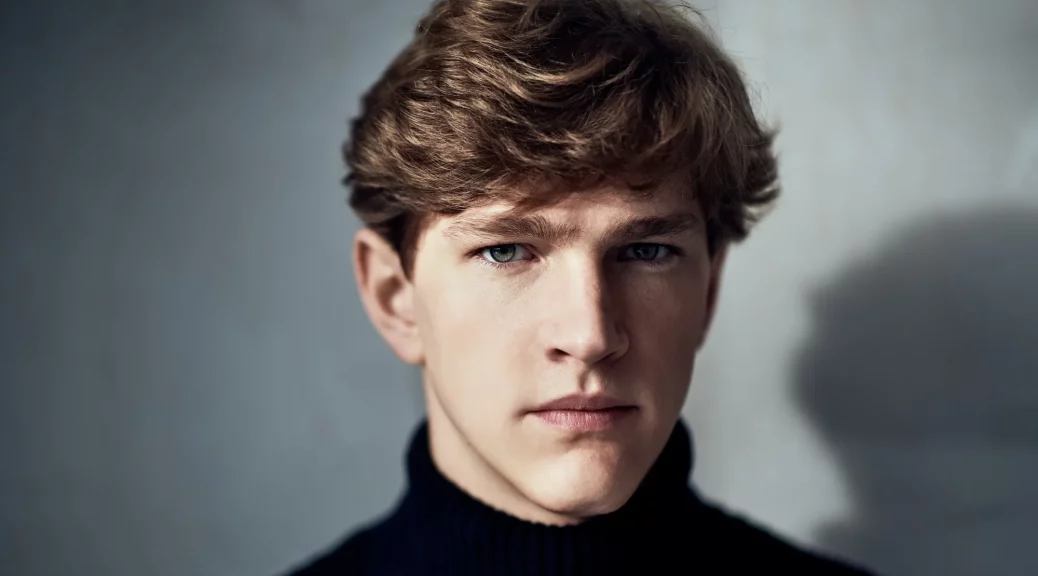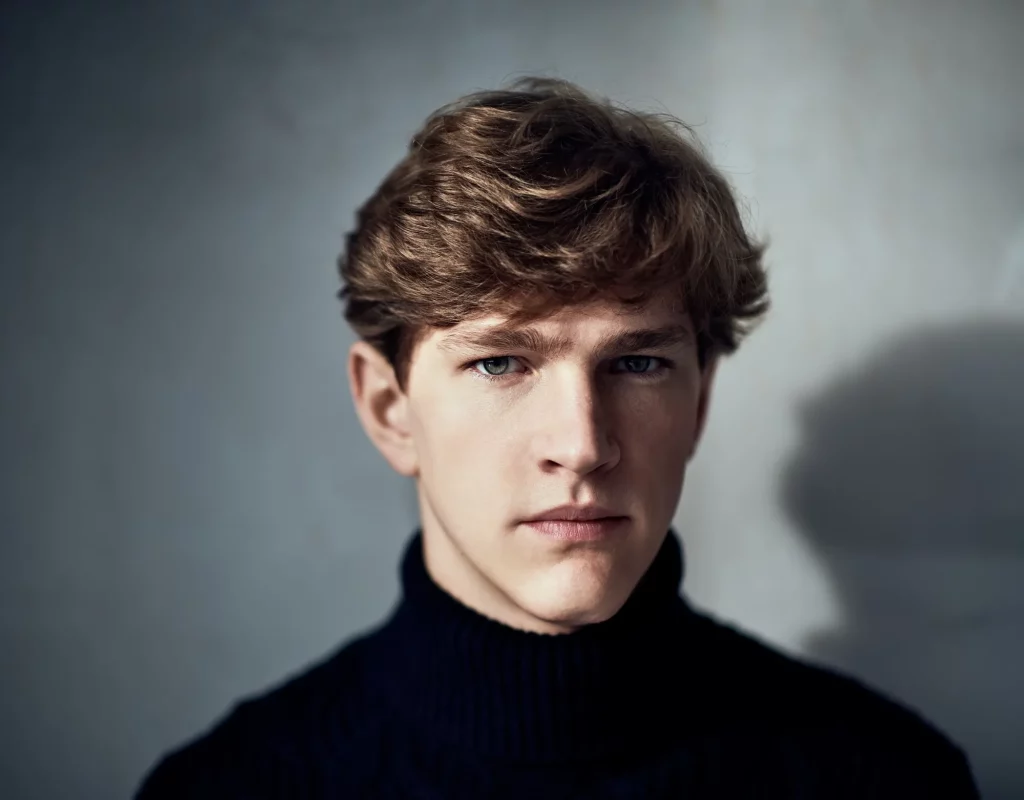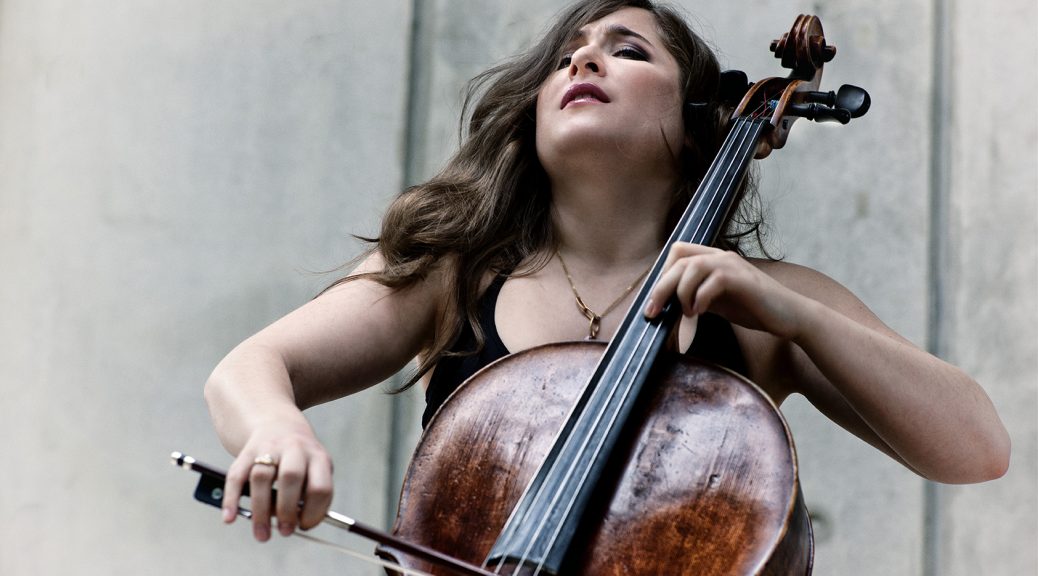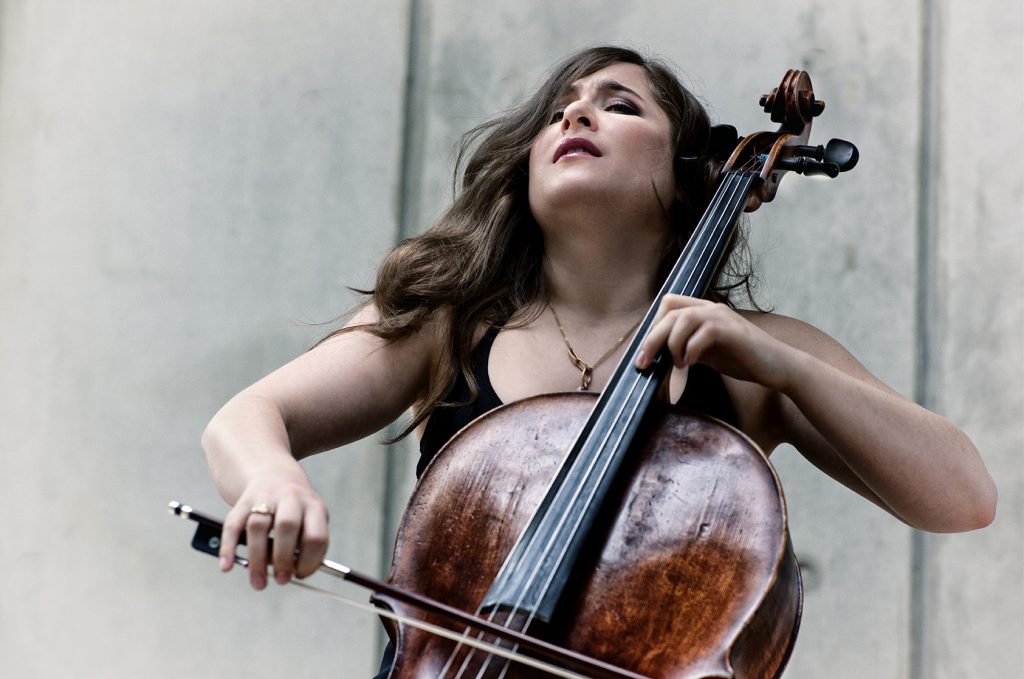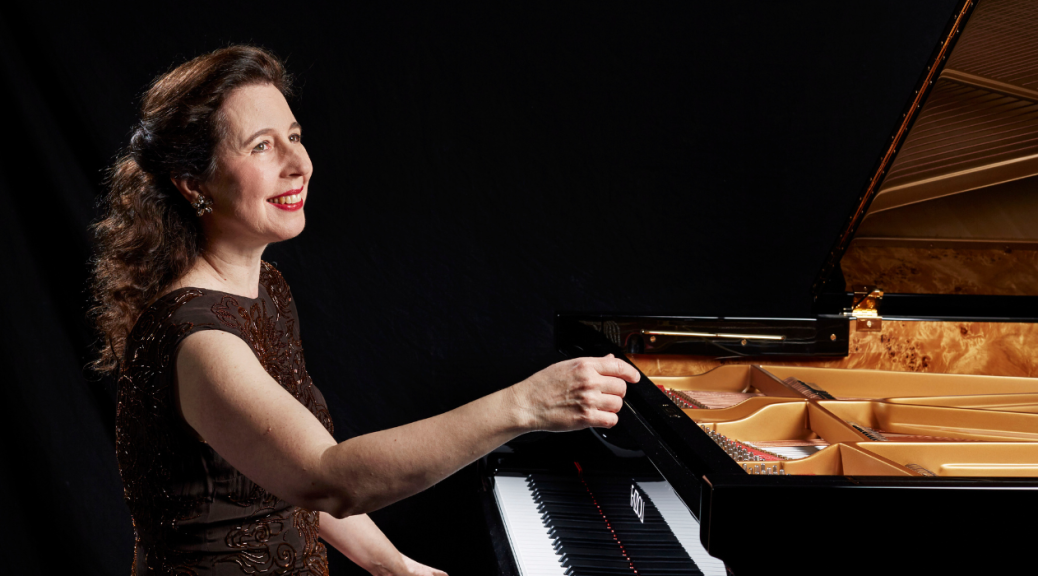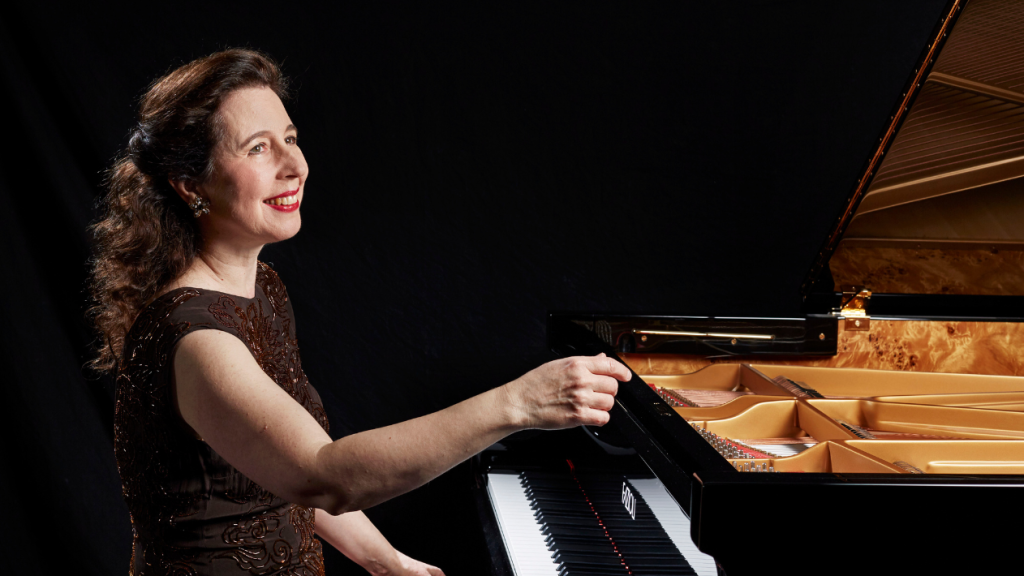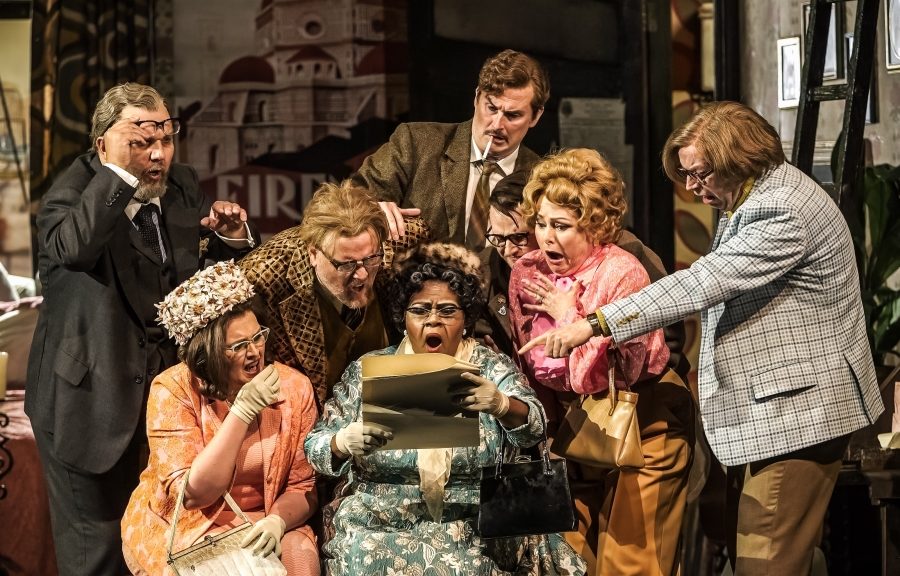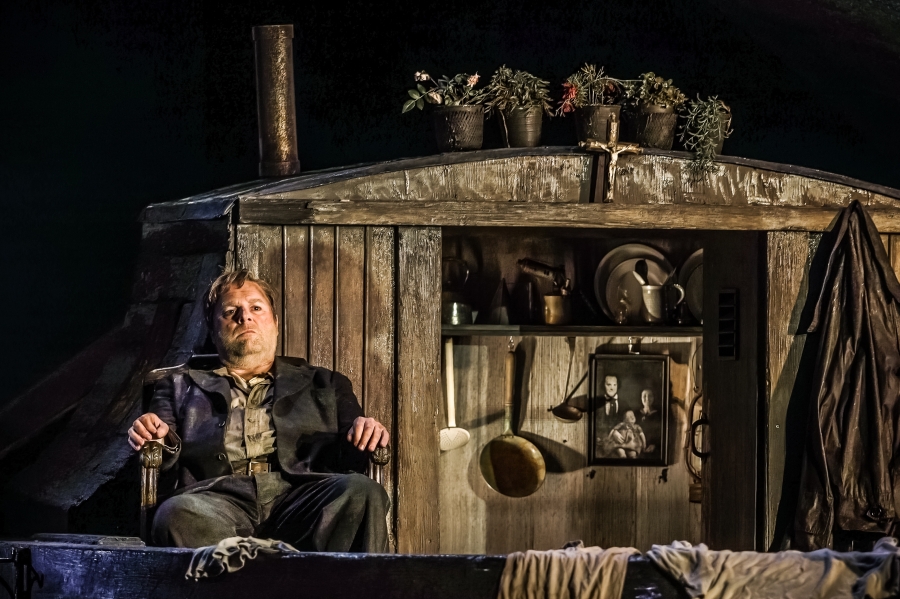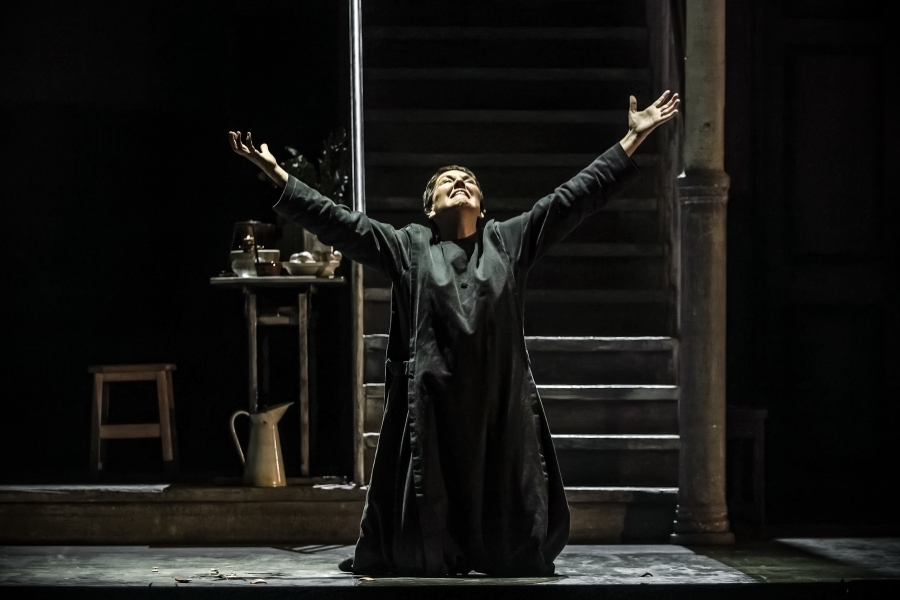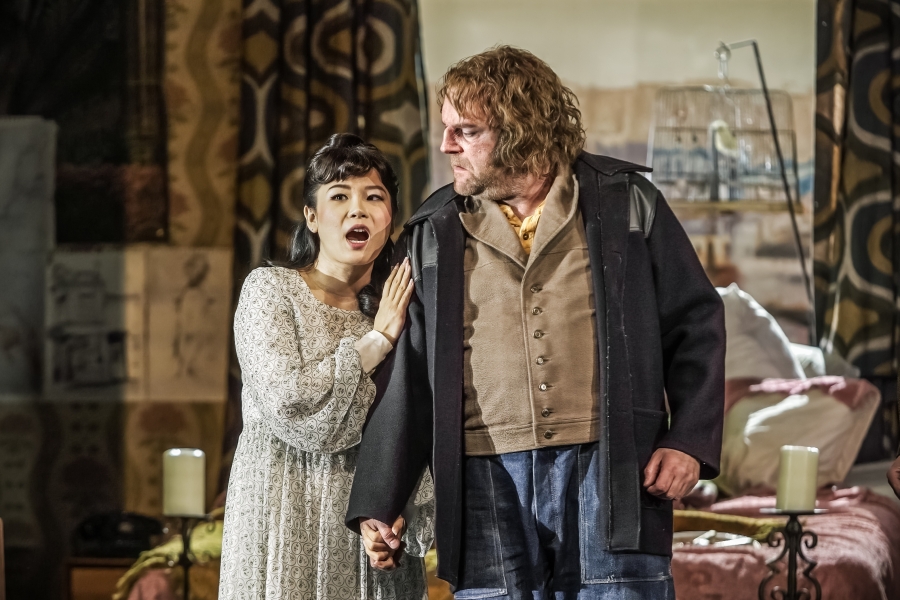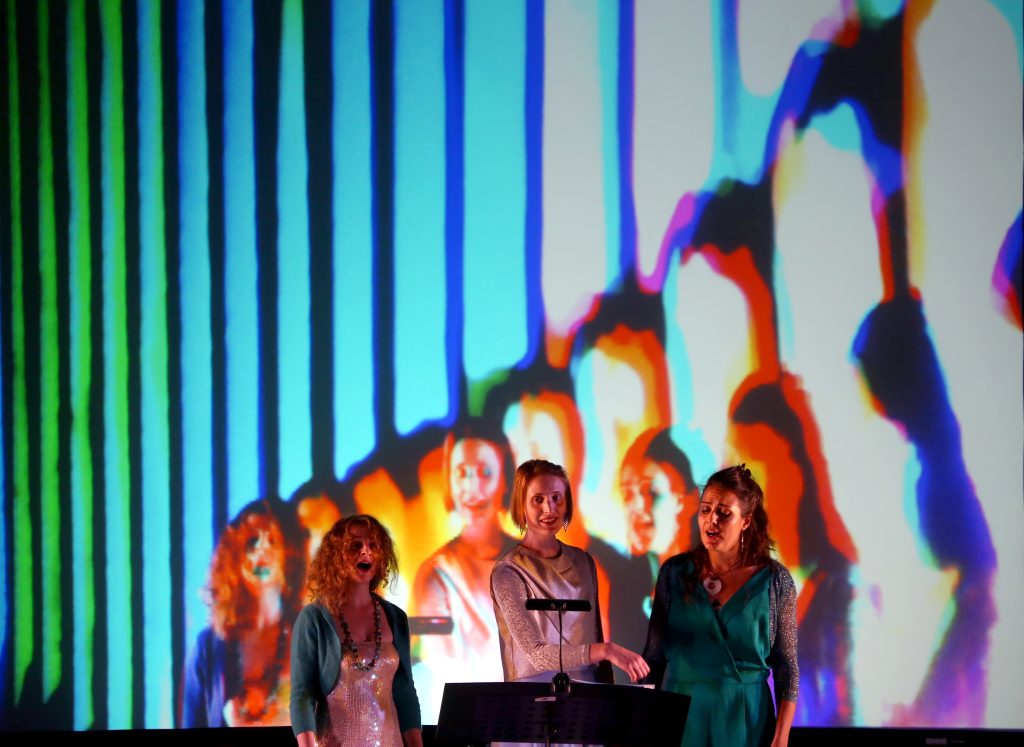
 (4 / 5)
(4 / 5)
Saint Hildegard of Bingen is many things to many people. Born over 900 years ago in Germany, her impact on music, Christianity, botany, poetry and more should never be understated. This impressive show honouring the abbess is a collaborative process between singers, artists and composers.
Voice Trio comprised of Victoria Couper, Clemmie Franks and Emily Burn make up this sacred offering of Hildegard’s compositions and new flutters from Laura Moody, amongst others. This all works very well, musically fairly approachable, even with newer work trying out some fun tricks. The harmonies between Voice Trio are blend that is highly attractive and comforting. Personally, I believe Hildegard is more important as a historical figure than as a composer per se. I wouldn’t always say I emotionally connect with her rigid, almost stone music. Though glory of her God is in every bar, aside the natural world and other philosophies.
Artist Innerstrings, adds a potent contribution with that of psychedelic visuals. A live stream of the singers is the grounds for a development of lava-lamp buoyancies, piercing acid saturations and bleached rhythmic constructions. The concert started with a note that the saint most likely got those visions due to migraines, leading to a visual decpcition of an optical migraine. This is an awful thing to encounter, something I had in lockdown, as silvery patterns in your peripheral vising lead to a horrendous head pain. So I can relate, though I can’t say I had the visions.
The newer work (see the full programme below) was perfect for theme and mood of the night. Spritely, tender and affirmed, all things were well for this hour. Near enough a religious experience without heading to church. Clever uses of spoken words, mutterings and varying touches of discord all added in. Laura Moody and her Hildegard Portaits felt like a backbone in the placement in the bill and the final ‘The Living Light’ movement had a deep atmosphere for the trio, the highest plateau of emotion to conclude this saintly service.
Programme:
Hildegard von Bingen ‘Antiphona: O successores’, Psalm antiphon for Confessors
‘Responsorium: Favus distillans’, Responsory for St Ursula and Companions, likely for Matins
Marcus Davidson Musical Harmony
Laura Moody ‘Humility and Universe as Body’ from Hildegard Portraits
Tim Lea Young Three Wings, Part 1
Hildegard von Bingen ‘Antiphona: O virtus sapientie’, Votive antiphon for Divine Wisdom
Stevie Wishart Azeruz
Laura Moody ‘Sermon and Sing’ from Hildegard Portraits
Hildegard von Bingen ‘Antiphona: O mirum admirandum’, Psalm antiphon for St Disibod
Stevie Wishart ‘O Choruscans Lux Stellarum’, On a cantus firmus by St Hildegard of Bingen
Hildegard von Bingen ‘Antiphona: O orzchis Ecclesia’, Antiphon for Dedication of a Church
Marcus Davidson O Boundless Ecclesia
Laura Moody ‘O Woman’ and ‘Love’ from Hildegard Portraits
Emily Levy How Sweetly You Burn
Hildegard von Bingen ‘Antiphona: Unde quocumque venientes’, Antiphon for St Ursula
Laura Moody ‘The Living Light’ from Hildegard Portraits

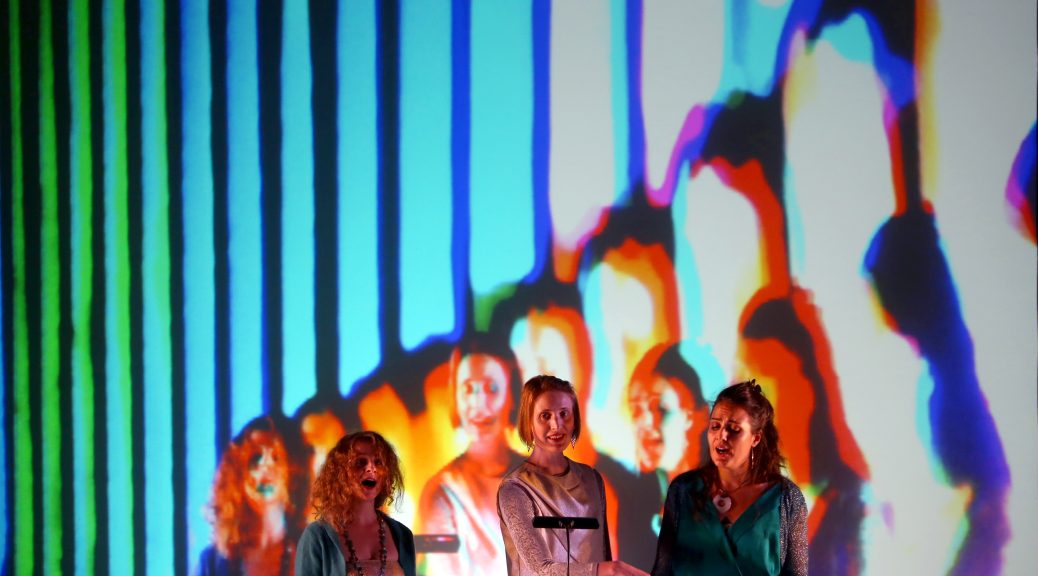

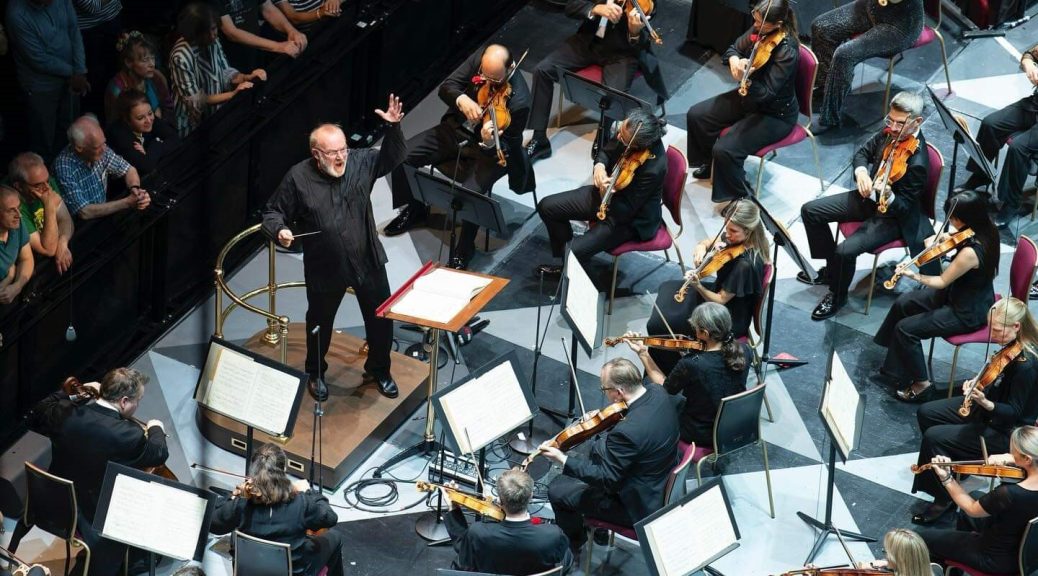
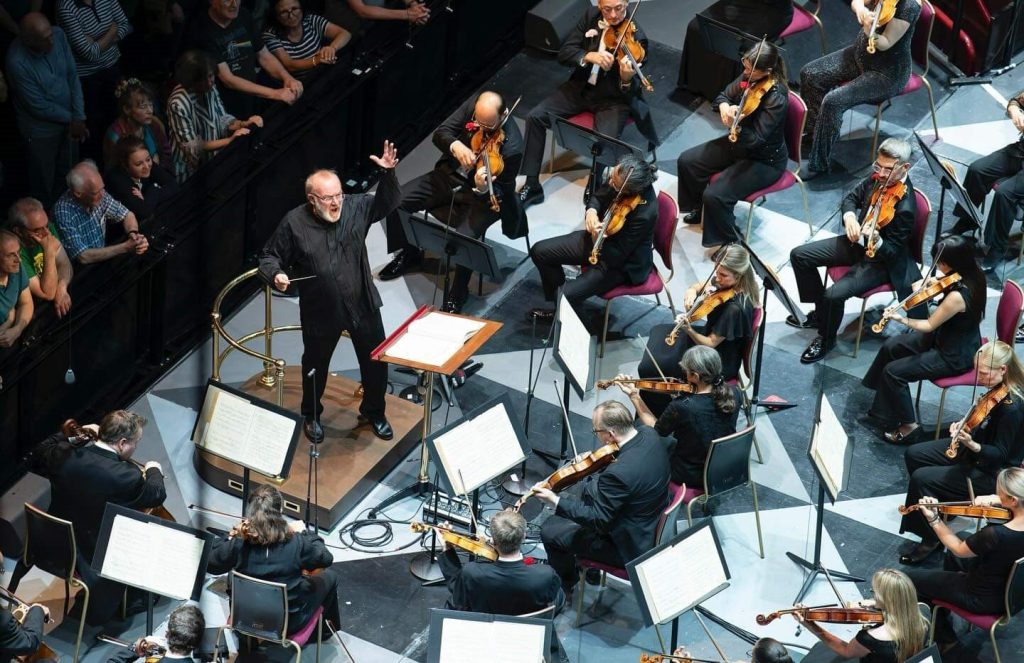
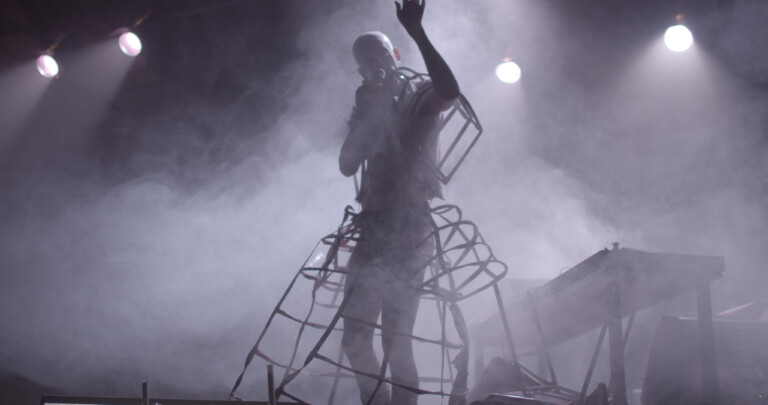
 (3 / 5)
(3 / 5)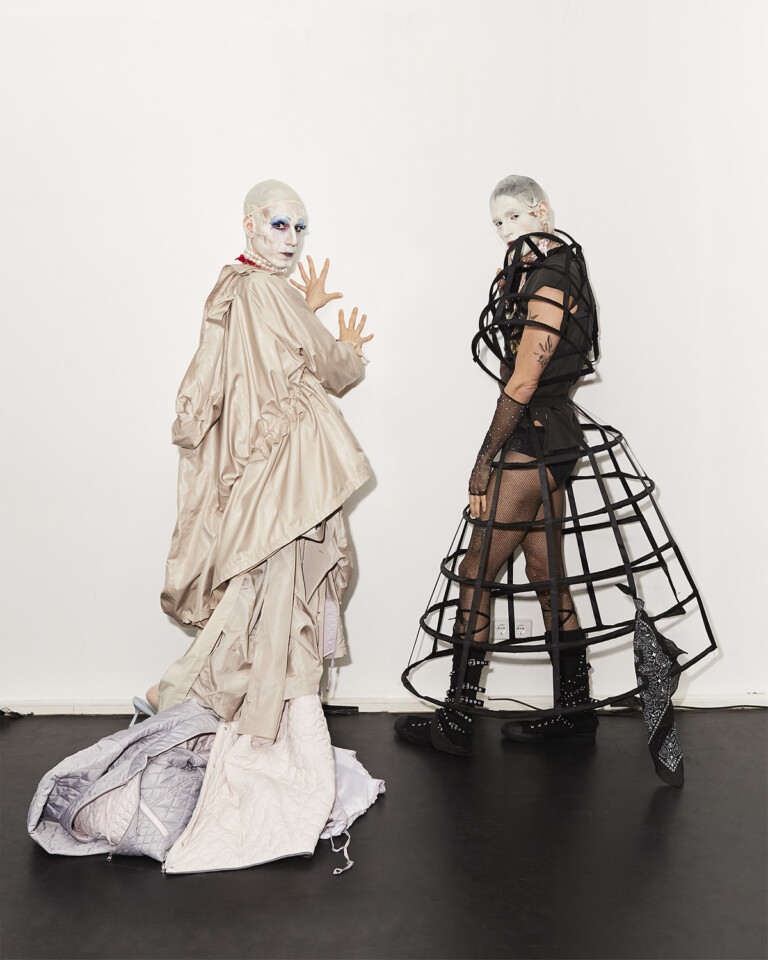
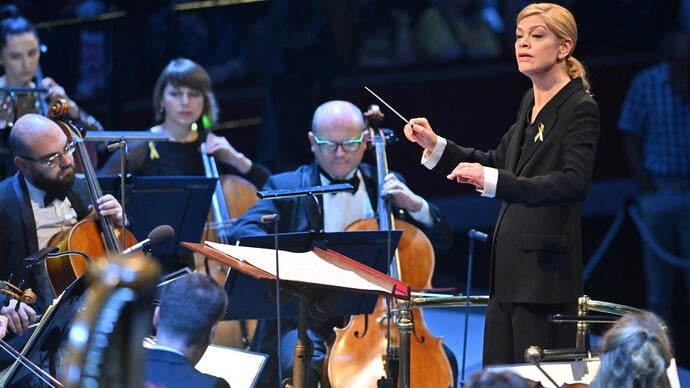
 (5 / 5)
(5 / 5)